Acne scars can be a frustrating reminder of past breakouts, impacting self-esteem and confidence. While numerous treatments promise miraculous results, many people prefer natural methods to reduce acne scars. In this comprehensive guide, we’ll explore effective natural remedies, lifestyle tips, and skincare practices that can help you fade acne scars safely and affordably.
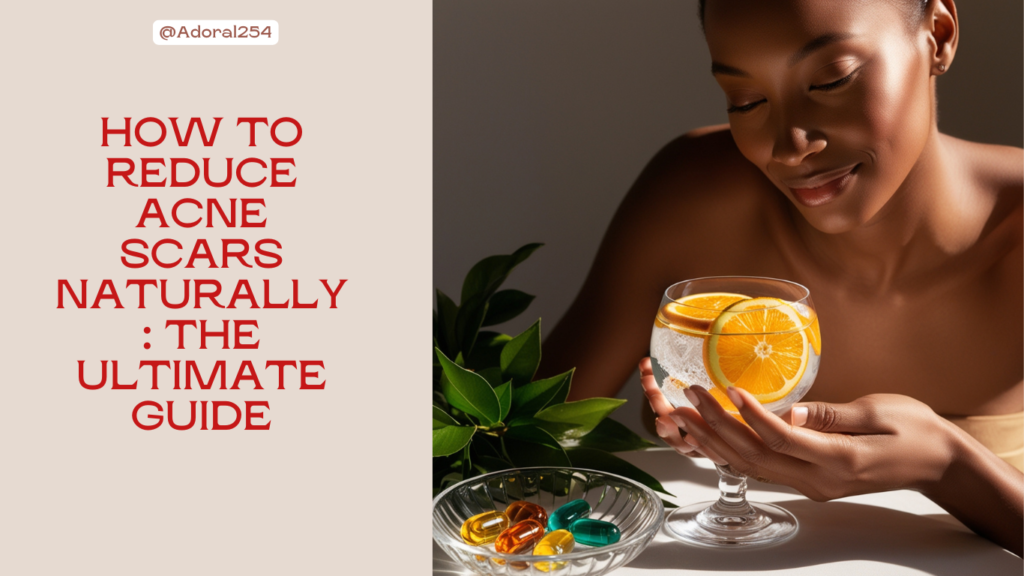
Understanding Acne Scars
Acne scars form when breakouts penetrate the skin deeply and damage the tissues beneath. As the body attempts to heal itself, it produces collagen. If too little or too much collagen is produced, a scar develops. Identifying the type of scars you have is the first step toward effective treatment.
Types of Acne Scars
Acne scars come in various forms, each requiring a different approach to treatment. Understanding the types of scars you have is essential for choosing the most effective natural remedies. In this section, we’ll dive deeper into the three primary types of acne scars: atrophic, hypertrophic, and post-inflammatory hyperpigmentation (PIH).
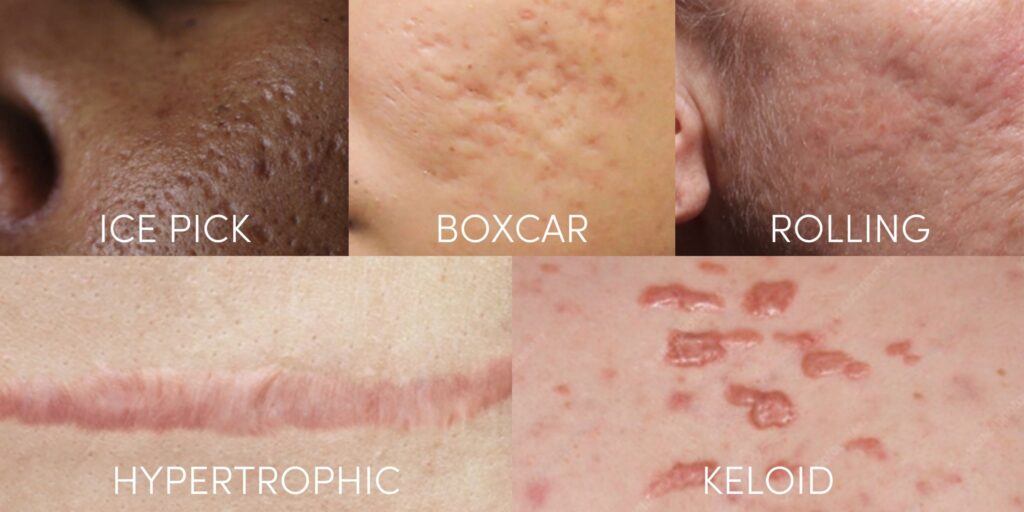
Atrophic Scars
Atrophic scars are the most common type of acne scars and appear as depressions or pits on the skin. They occur when the skin fails to produce enough collagen during the healing process. Atrophic scars are further classified into three subtypes:
Ice Pick Scars
These are deep, narrow scars that extend into the dermis, making them resemble small holes or indentations. They are usually caused by severe inflammatory acne, such as cysts. Ice pick scars are challenging to treat due to their depth. Natural remedies like rosehip oil, which is rich in vitamin A and essential fatty acids, can help stimulate collagen production and improve the appearance of these scars over time.
Boxcar Scars
These scars are wider than ice pick scars and have well-defined edges, giving them a box-like appearance. They result from collagen damage caused by inflammatory acne. Natural treatments such as aloe vera and honey can help by promoting cell regeneration and reducing inflammation, gradually softening the edges of boxcar scars.
Rolling Scars
Characterized by wave-like depressions on the skin, rolling scars occur due to fibrous bands that pull the epidermis down. Massaging with coconut oil can help break down these bands and promote smoother skin.
Consistency is crucial when treating atrophic scars naturally, as these methods require regular application to see noticeable improvements.
Hypertrophic Scars
Unlike atrophic scars, hypertrophic scars are raised above the skin’s surface. They occur when the body produces excess collagen during the healing process, leading to thick, lumpy scars. Hypertrophic scars are most commonly found on the chest, back, and shoulders and are often associated with body acne.
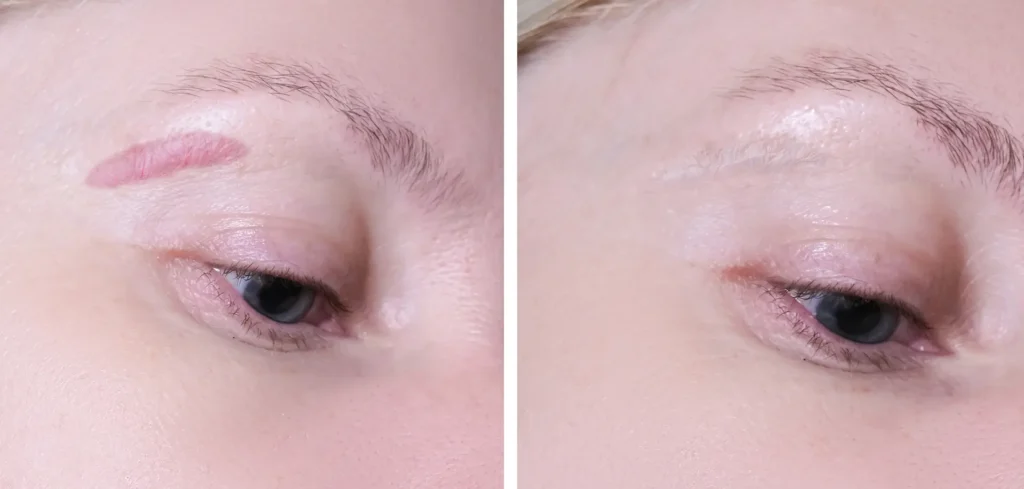
Natural remedies for hypertrophic scars focus on reducing inflammation and preventing excessive collagen production. For example, applying tea tree oil, known for its anti-inflammatory and antimicrobial properties, can help minimize redness and flatten the scars over time. Another effective remedy is silicone gel derived from natural sources, which can form a protective barrier over scars, preventing them from getting worse and helping to flatten them gradually.
Additionally, regular use of turmeric paste, which has curcumin—a compound known for its anti-inflammatory and antioxidant properties—can aid in reducing the appearance of hypertrophic scars. The key is to apply these remedies consistently and protect the scars from sun exposure to prevent them from darkening or becoming more pronounced.
Post-Inflammatory Hyperpigmentation (PIH)
Post-inflammatory hyperpigmentation (PIH) is not technically a scar but rather a temporary discoloration that appears as dark or red spots on the skin after an acne breakout heals. PIH occurs when the skin produces excess melanin in response to inflammation. These spots can fade over time but might linger for months without proper treatment.
Natural remedies for PIH focus on brightening the skin and reducing melanin production. Ingredients like lemon juice, rich in vitamin C, can help lighten dark spots by inhibiting melanin synthesis. However, it is essential to dilute lemon juice to prevent irritation, especially for sensitive skin types. Another effective option is licorice extract, which contains glabridin, a compound known to reduce hyperpigmentation by blocking the enzymes responsible for melanin production.
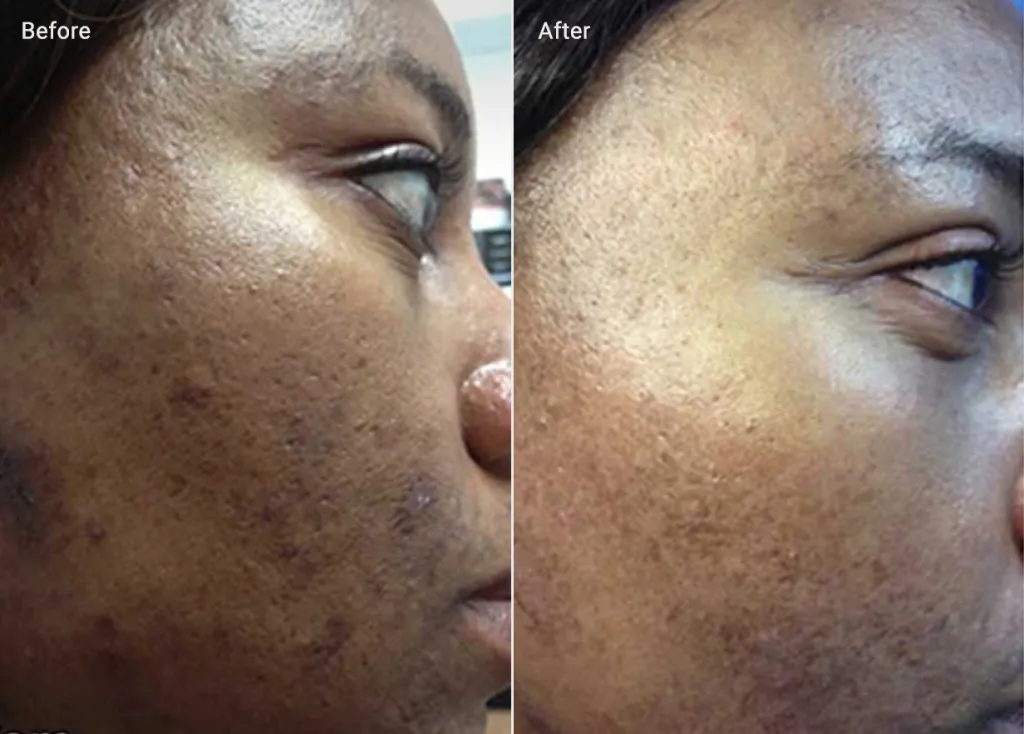
Aloe vera is also highly beneficial for PIH due to its soothing and anti-inflammatory properties. Regular application of fresh aloe vera gel can help accelerate skin regeneration, fading dark spots more quickly. Additionally, green tea extract, which contains epigallocatechin gallate (EGCG), can protect against UV radiation and reduce pigmentation, making it a valuable natural remedy for PIH.
Incorporating these natural treatments consistently, along with sun protection, can significantly speed up the fading process of post-inflammatory hyperpigmentation, leading to a more even skin tone.
Why Choose Natural Remedies?
Natural remedies for acne scars are often safer for sensitive skin, free from harsh chemicals, and budget-friendly. They also help improve overall skin health by providing essential nutrients and antioxidants.
Top Natural Remedies to Reduce Acne Scars
Aloe Vera
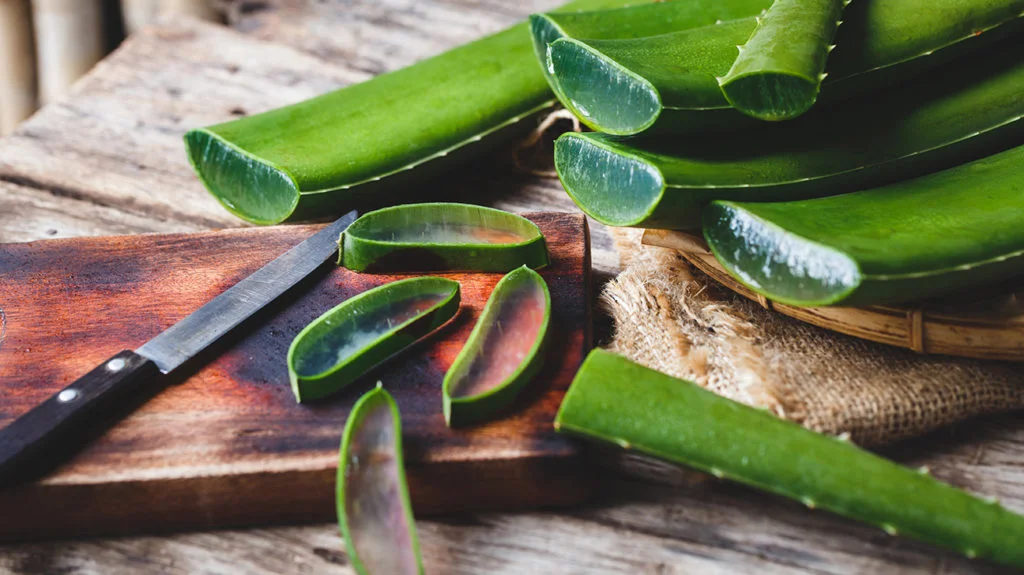
Aloe vera is rich in vitamins and has anti-inflammatory properties that help soothe the skin and promote healing.
How to Use:
Extract fresh aloe vera gel.
Apply directly to scars and leave it on for 30 minutes before rinsing.
Repeat daily for best results
Honey
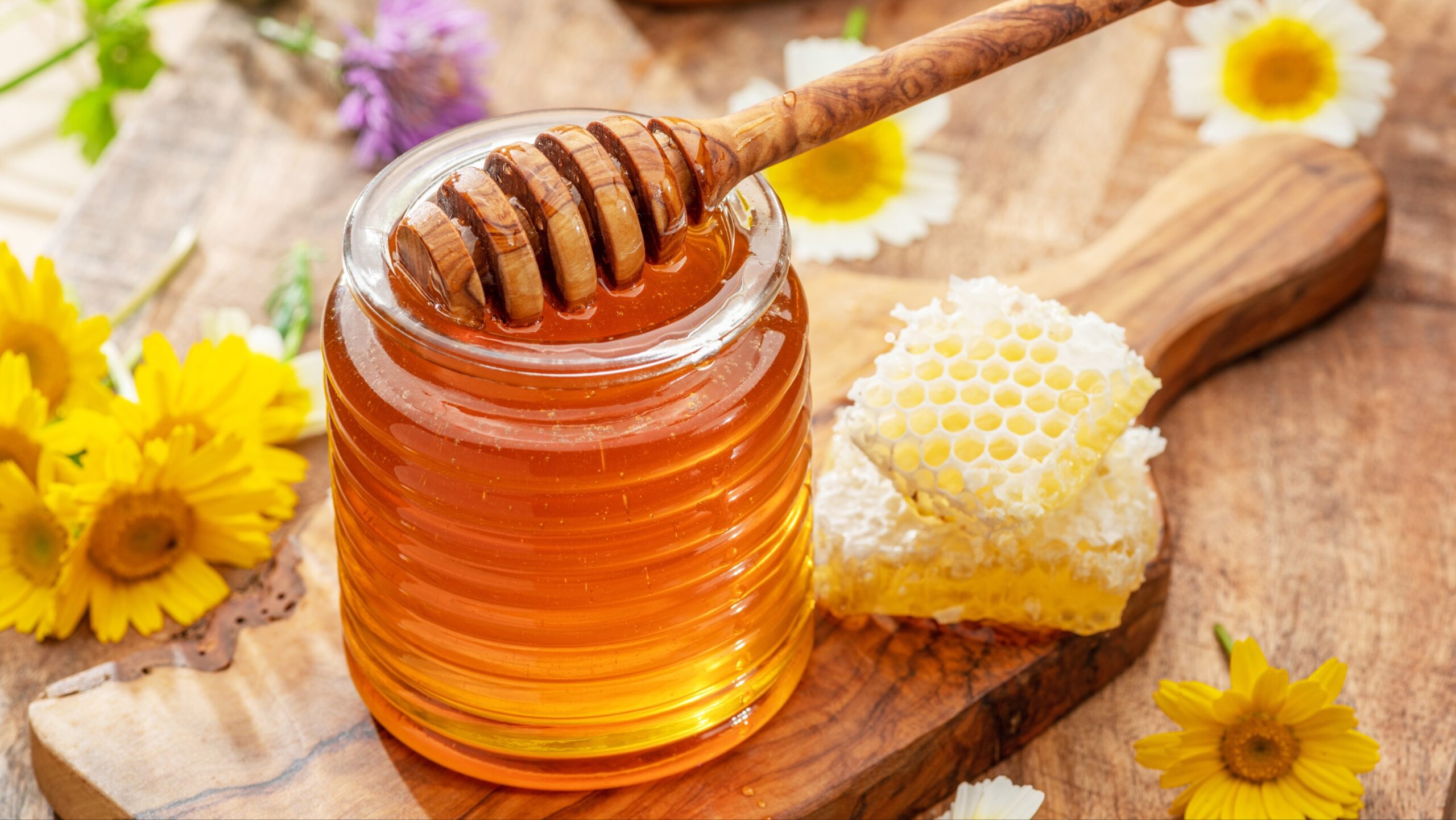
Honey is a natural humectant with antibacterial properties that help lighten scars and prevent further acne.
How to Use:
Apply raw honey to the affected areas.
Leave it on for 20 minutes and rinse with warm water.
Use this remedy 2–3 times a week.
Lemon Juice
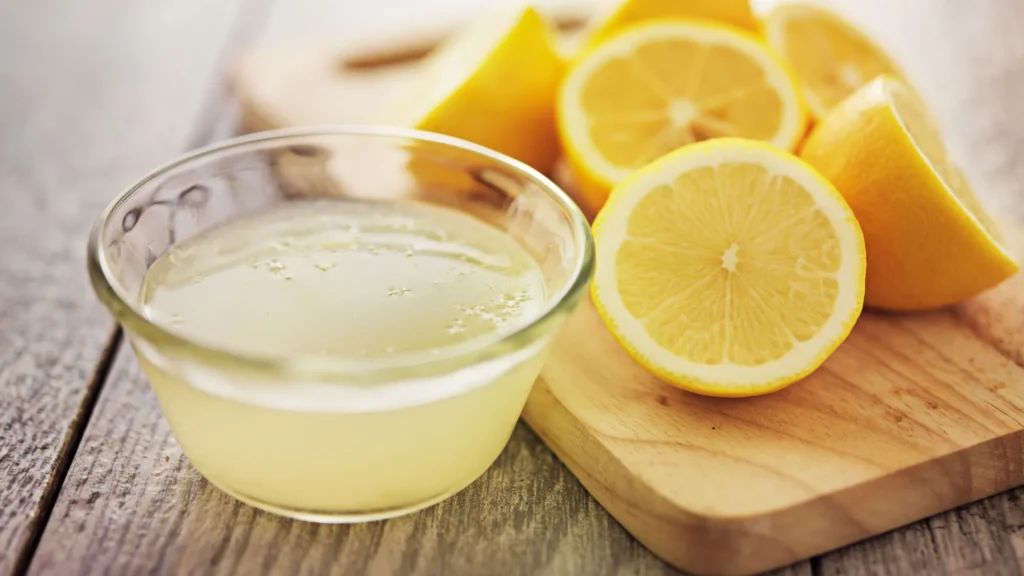
Lemon juice is a natural bleaching agent that helps lighten dark spots caused by acne. However, it can be irritating, so patch-testing is essential.
How to Use:
Dilute lemon juice with water and apply with a cotton ball.
Leave on for 10 minutes, then rinse off.
Use sunscreen afterward as lemon makes your skin photosensitive.
Coconut Oil
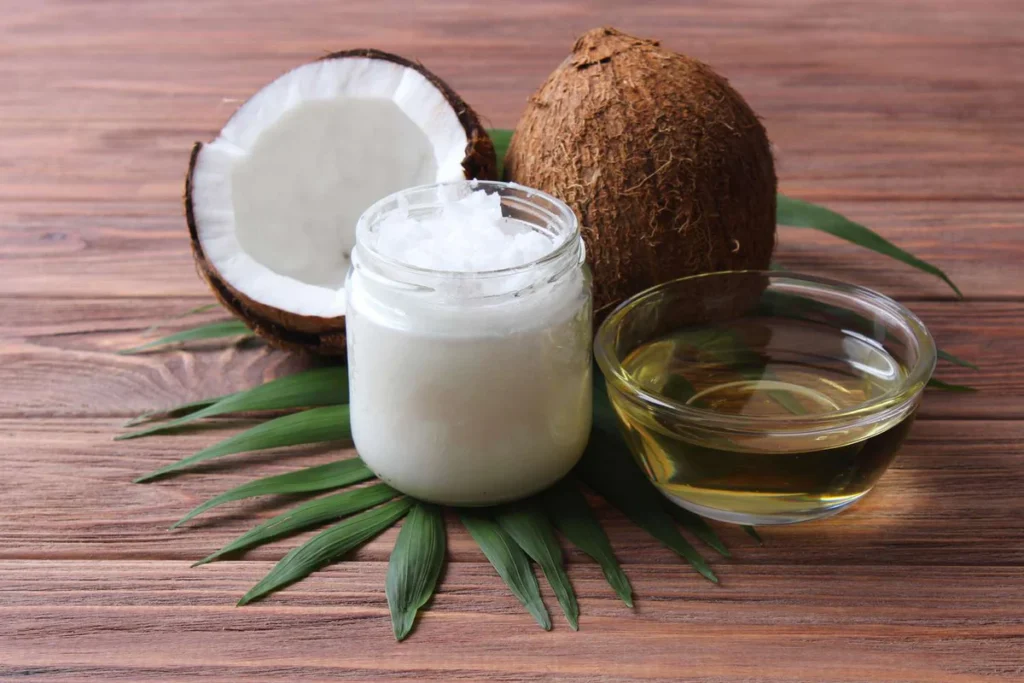
Coconut oil is rich in antioxidants and fatty acids that help repair damaged skin and reduce scars.
How to Use:
Massage a small amount of virgin coconut oil onto scars.
Leave it overnight for deep hydration.
Repeat daily for smoother skin.
Baking Soda
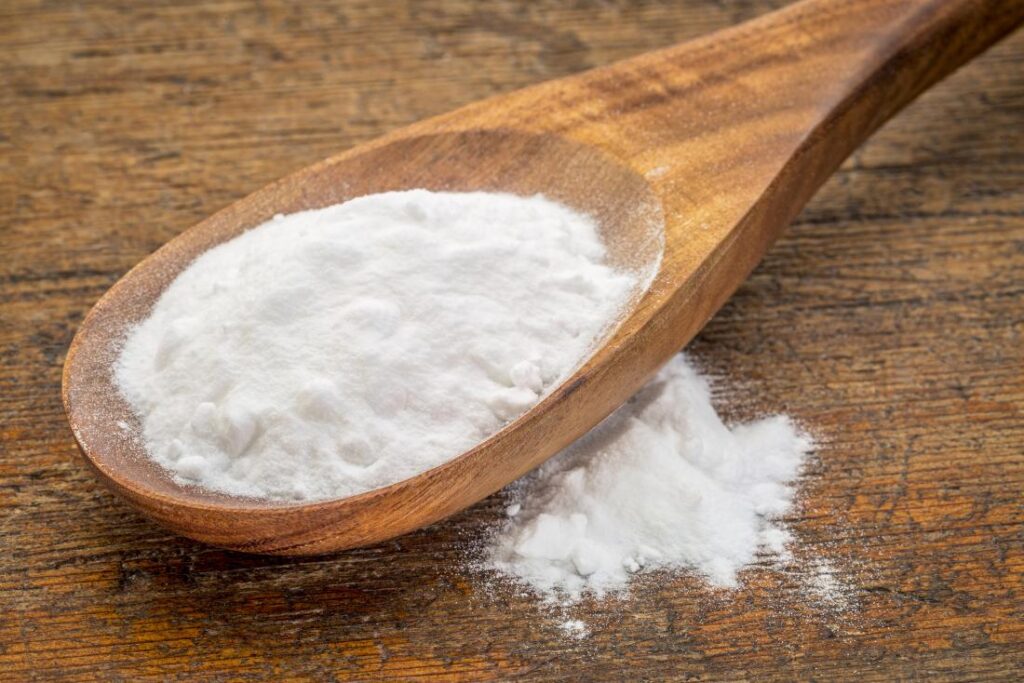
Baking soda acts as a natural exfoliant, helping to remove dead skin cells and reduce scar appearance.
How to Use:
Mix 1 tsp of baking soda with water to form a paste.
Gently massage onto scars for 2 minutes, then rinse.
Limit use to once a week to avoid irritation.
Essential Oils for Acne Scars
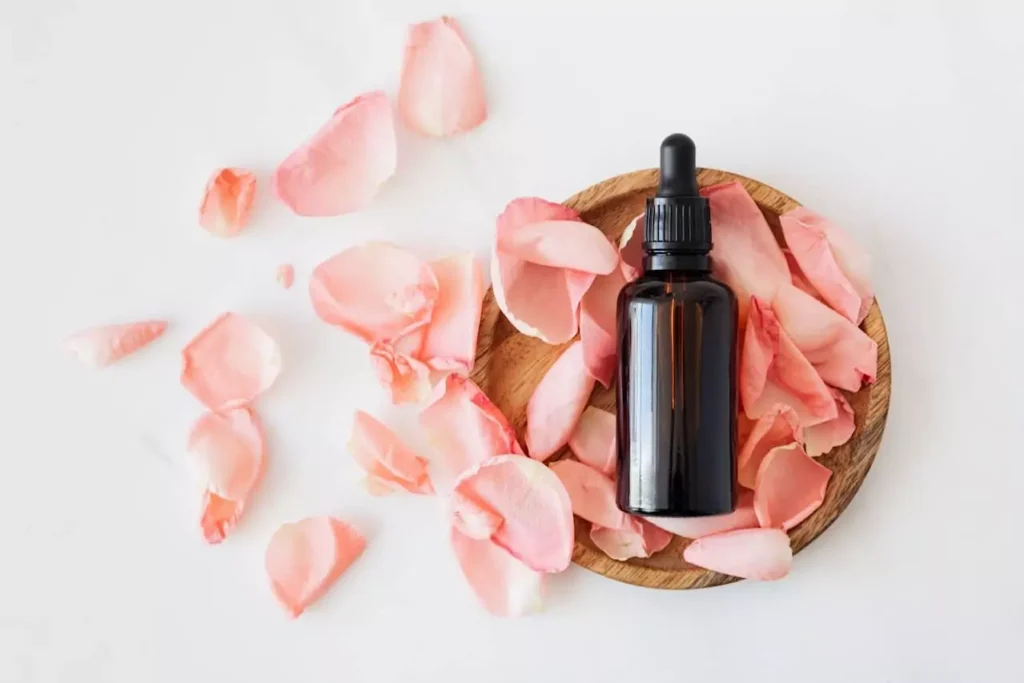
Essential oils like tea tree, lavender, and rosehip oil contain anti-inflammatory and antimicrobial properties that can reduce the appearance of scars.
How to Use:
Dilute essential oils with a carrier oil like jojoba.
Apply to scars using a cotton swab.
Use daily for best results.
Dietary Changes to Promote Healing

Increase Vitamin C and E: Boosts collagen production.
Omega-3 Fatty Acids: Found in fish and flaxseed, reduce inflammation.
Stay Hydrated: Helps flush out toxins and maintain skin elasticity.
Skincare Tips to Prevent Future Scarring
Do Not Pick Pimples: Prevents inflammation and scarring.
Regular Exfoliation: Removes dead skin cells to promote regeneration.
Use Sunscreen: Protects scars from darkening due to UV exposure.
FAQs
Q1: Can acne scars be completely removed naturally?
Not always, but natural remedies can significantly reduce their appearance over time.
Q2: How long does it take to see results?
Consistency is key; results can take 4–8 weeks depending on the severity of the scars.
Q3: Is lemon juice safe for all skin types?
No, it can cause irritation for sensitive skin. Always patch-test first.
Q4: How often should I exfoliate to reduce scars?
Exfoliate 2–3 times a week with gentle, natural scrubs.
Q5: Can essential oils clog pores?
Some oils can, so choose non-comedogenic options like tea tree oil.
Q6: Is it necessary to use sunscreen while treating scars naturally?
Yes, sun exposure can worsen scars and pigmentation.
Conclusion
Reducing acne scars naturally requires patience and consistency, but the results can be rewarding. By incorporating natural remedies, dietary changes, and proper skincare practices, you can gradually diminish scars and reveal smoother, healthier skin. Stick with these tips, and you’ll soon see a noticeable improvement in your complexion.
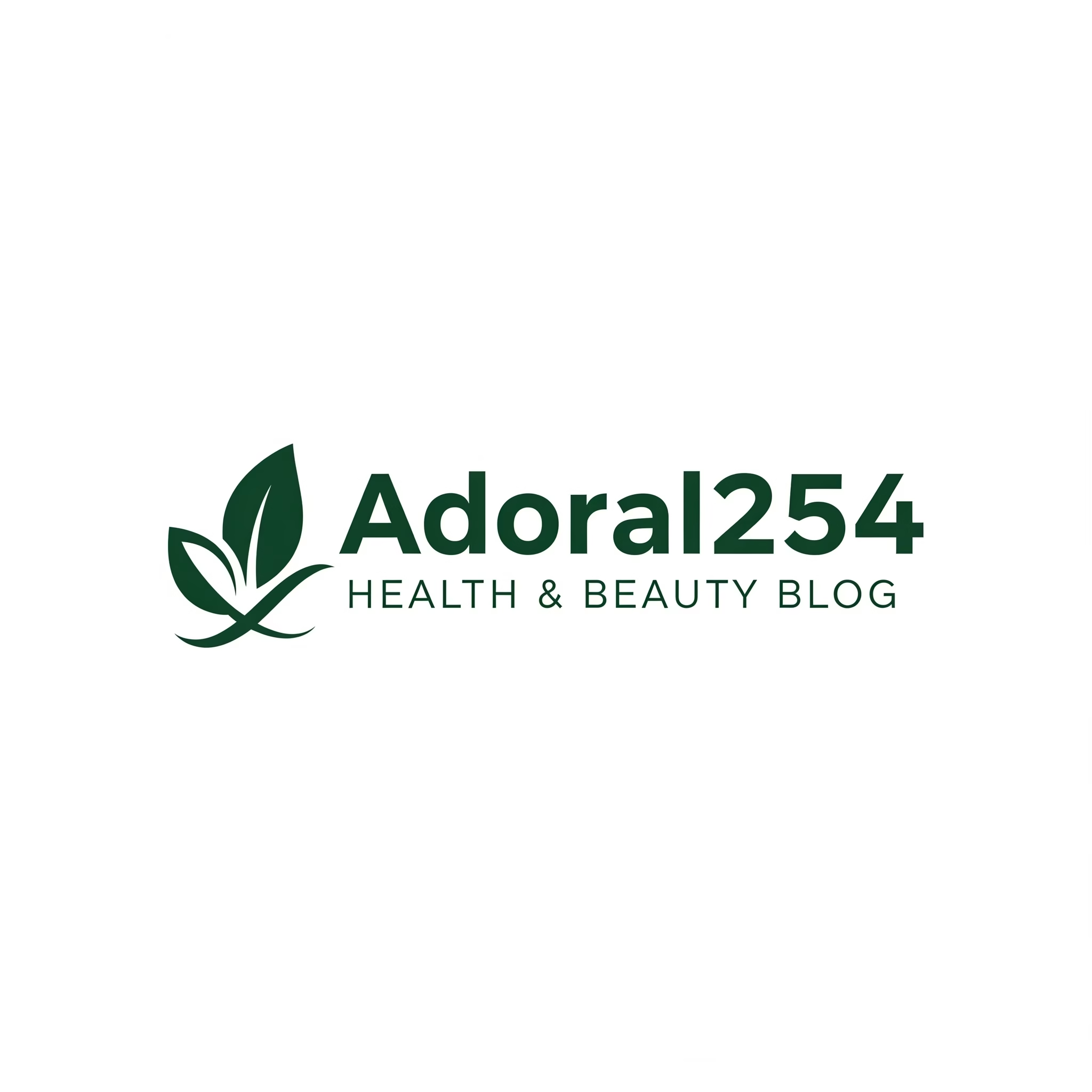

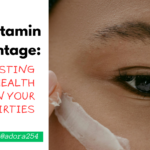
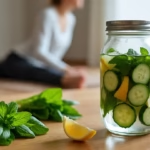

Can you be more specific about the content of your article? After reading it, I still have some doubts. Hope you can help me.
Vermelho’s got a nice vibe. Good selection of slots and the live casino is fun. I’ve had some decent luck here so far. I’d say it’s worth a look! Try your luck at vermelho!
Thank you for your sharing. I am worried that I lack creative ideas. It is your article that makes me full of hope. Thank you. But, I have a question, can you help me? https://accounts.binance.com/hu/register?ref=IQY5TET4
NASA11Casino… catchy name! Decent selection of games and the bonuses seem alright. Worth a look if you’re looking for a new spot. Blast off to NASA11: nasa11casino
Alright gamers, one888vn.com caught my eye. The vibes are good and the games seem legit. Give it a whirl and see if it’s your jam! You can find it at one888vn.com.
fbjili https://www.lafbjili.com
Thanks for sharing. I read many of your blog posts, cool, your blog is very good.
Yo, been playing around on win92. It’s got some interesting stuff going on. Might be worth a look if you’re bored: win92.
OrionPlayCasino! It’s on my watchlist – I played a round last week & won a good sum of money. It took a little while for winnings to come through to my account, but the support team were really helpful! Take a look: orionplaycasino
Heard about jj804game and finally checked it out. Pretty solid games, not gonna lie. Been grinding for a bit and having a good time. Check it out, might be your next go-to! jj804game
Downloaded the 30jiliapp – so convenient to play on the go! Runs smooth on my phone and the interface is pretty user-friendly. Thumbs up so far! Grab the app here: 30jiliapp
Giving jilislots777 a whirl tonight! The 777 is tempting me. Hope this is my lucky night! Anyone else playing here? Let me know what you think! Try it out: jilislots777
Easy peasy lemon squeezy login process with 7788betlogin! Had no probs getting in and checkin’ things out. Now to see if fortune favors me! Login here 7788betlogin
**backbiome**
Mitolyn is a carefully developed, plant-based formula created to help support metabolic efficiency and encourage healthy, lasting weight management.